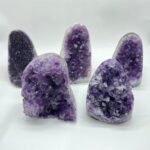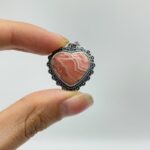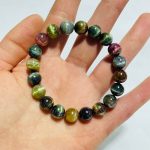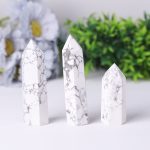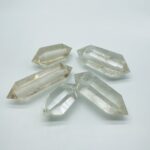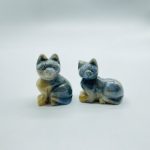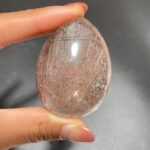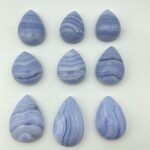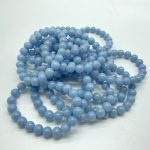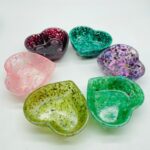Lava stone, a natural volcanic rock formed when molten lava cools and solidifies, holds profound significance and symbolism. Its unique characteristics and ancient origins have imbued it with powerful meanings and associations.
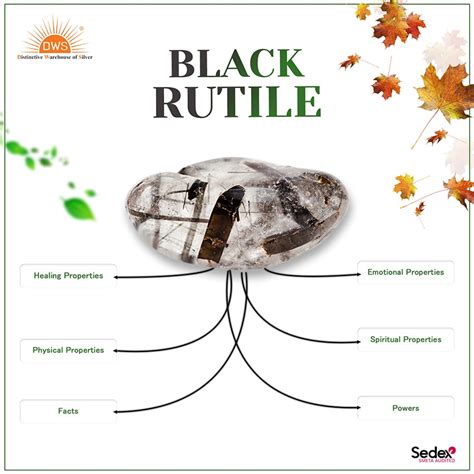
Origin and Formation
Lava stone originates from the heart of volcanoes, where molten lava erupts and flows down its slopes. As the lava cools and solidifies, it undergoes a transformative process, creating a porous, lightweight, and durable rock.
Physical Properties
Lava stone possesses distinctive physical properties that contribute to its unique characteristics:
- Porosity: The cooling lava traps air bubbles, resulting in a porous structure that gives lava stone its lightness and buoyancy.
- Durability: The intense heat and pressure experienced during its formation make lava stone remarkably durable and resistant to wear and tear.
- Thermal Insulation: Its porous nature provides excellent thermal insulation, making lava stone ideal for use in saunas and hot stone massages.
Cultural Significance
Throughout history, lava stone has played a significant role in various cultures:
- Native American Cultures: Lava stone was highly valued by Native American tribes, who used it for ceremonial purposes and as a protective amulet.
- Ancient Egyptians: The ancient Egyptians believed that lava stone represented the strength and power of the underworld, and they incorporated it into funerary practices.
- Tibetan Buddhists: Tibetan Buddhists consider lava stone a sacred stone that symbolizes grounding, stability, and spiritual purification.
Symbolic Meanings
The unique qualities of lava stone have attributed it with profound symbolic meanings:
- Strength and Grounding: Its durability and volcanic origins represent strength, stability, and a connection to the earth.
- Transformation and Growth: Like the lava that undergoes a transformative process to form lava stone, it symbolizes personal growth, change, and renewal.
- Emotional Balance: Its porous nature is believed to absorb negative energy and emotions, promoting emotional balance and well-being.
- Creativity and Inspiration: The volcanic nature of lava stone inspires creativity and imagination, as it represents the transformative power of the earth’s core.
Applications and Uses
The versatility of lava stone has led to its widespread use in various applications:
Jewelry
Lava stone’s unique appearance and durability make it a popular material for jewelry, including beads, bracelets, and necklaces, which are often adorned with essential oils to enhance its aromatic properties.
Wellness and Relaxation
The thermal conductivity and porous nature of lava stone render it ideal for use in saunas, hot stone massages, and other therapeutic treatments aimed at promoting relaxation and stress relief.
Home Decor
Lava stone’s aesthetic appeal and durability make it a stylish choice for home decor, including countertops, tiles, and sculptures, adding a touch of natural beauty and volcanic charm.
Customer Perspectives
“Lava stone jewelry has become a daily staple for me. It’s so lightweight and comfortable to wear, and I love its earthy grounding energy.” – Sarah, avid jewelry enthusiast
“I’ve used lava stones in my sauna for years, and they’ve made such a difference. The heat distribution is perfect, and it really helps me relax and release stress.” – John, sauna enthusiast
“I recently remodeled my kitchen with lava stone countertops, and they’re absolutely stunning! They’re so durable and have a unique, one-of-a-kind look that really elevates the space.” – Lisa, homeowner
FAQs
1. What is the difference between lava rock and lava stone?
Lava rock is a general term referring to volcanic rock formed from cooled lava, while lava stone specifically refers to a porous type of lava rock with unique physical and metaphysical properties.
2. Can lava stone be worn in water?
Yes, lava stone is resistant to water and can be worn in the shower, while swimming, or during water-based activities.
3. How do I clean lava stone jewelry?
Lava stone jewelry can be cleaned with warm soapy water and a soft-bristled brush. Avoid using harsh chemicals or abrasive cleaners.
4. What are the benefits of using lava stones in a sauna?
Lava stones provide excellent heat distribution, allowing for better penetration and deeper relaxation. They also absorb and retain heat well, making them ideal for extended use.
5. Is lava stone durable enough for countertops?
Yes, lava stone is highly durable and resistant to wear and tear, making it a suitable material for countertops. However, it’s important to note that it can be scratched or chipped if subjected to sharp objects.
6. What is the significance of lava stone in meditation?
Lava stone is believed to promote grounding and stability, making it a beneficial stone for meditation practices aimed at finding balance and connection to the earth.
7. Can lava stone be used for aromatherapy?
Yes, lava stone is porous and can absorb essential oils, making it an excellent diffuser for aromatherapy. Simply apply a few drops of your favorite essential oil to the stone and enjoy its aromatic benefits.
8. Is lava stone safe for use in skincare?
Lava stone is generally considered safe for use in skincare products due to its hypoallergenic properties. However, it’s always advisable to consult with a skincare professional before using it in any cosmetic applications.












